

2017-11-19 08:37:00 Sun ET
stock market competition macrofinance stock return s&p 500 financial crisis financial deregulation bank oligarchy systemic risk asset market stabilization asset price fluctuations regulation capital financial stability dodd-frank
In 2000, a former law professor at Harvard proposed establishing the Financial Product Safety Commission in order to protect consumer rights in the provision of financial products and services. A decade later, that law professor, Elizabeth Warren, witnessed the congressional approval of the 2010 Dodd-Frank Act and the resultant new regulatory agency, the Consumer Financial Protection Bureau, which aims to restore trust in financial institutions with 5 major pillars of financial regulation: capital adequacy rules, leverage limitations, liquidity requirements, macroprudential stress tests, and deposit insurance constraints.
"It is impossible to buy a toaster that has a 1-in-5 chance of bursting into flames and burning down a house, but it is possible to refinance a current home with a mortgage that has the same 1-in-5 chance of putting the family out on the street," Warren wrote in the first paragraph in her influential Democracy article. Maybe a toaster or a financial product or service is so defective that consumers should not be thrown back on themselves to avoid it. Conversely, consumers with more confidence in financial products or services are more likely to purchase them.
These paternalistic considerations offer insights into the Trump administration's plan to dismantle much of the Dodd-Frank Act, especially the bank capital rules and stress tests. The law of inadvertent consequences counsels caution.
If any of our AYA Analytica financial health memos (FHM), blog posts, ebooks, newsletters, and notifications etc, or any other form of online content curation, involves potential copyright concerns, please feel free to contact us at service@ayafintech.network so that we can remove relevant content in response to any such request within a reasonable time frame.
2019-07-27 17:37:00 Saturday ET
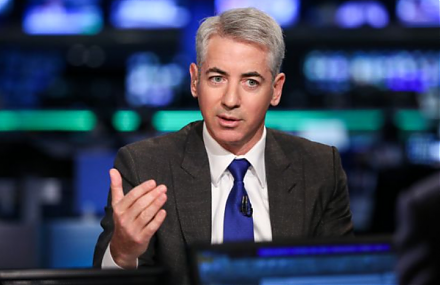
Capital gravitates toward key profitable mutual funds until the marginal asset return equilibrates near the core stock market benchmark. As Stanford finance
2026-02-28 10:29:00 Saturday ET

AYA fintech network platform provides proprietary alpha stock signals and personal finance tools for stock market investors. As of March 2026, we have up
2024-07-31 09:28:00 Wednesday ET
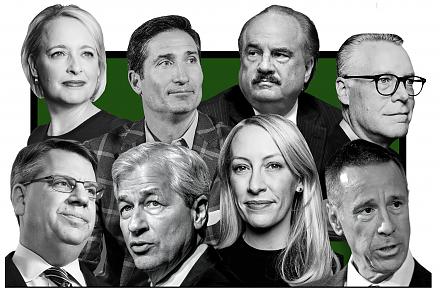
In the modern monetary system, each new CBDC helps anchor public trust in money in support of economic welfare, especially in a cashless society. In our
2019-09-21 09:25:00 Saturday ET
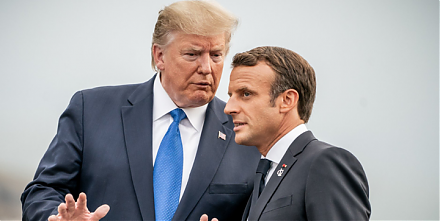
President Trump praises great unity and progress at the G7 summit with respect to Sino-U.S. trade conflict resolution, global climate change, containment fo
2019-08-05 13:30:00 Monday ET
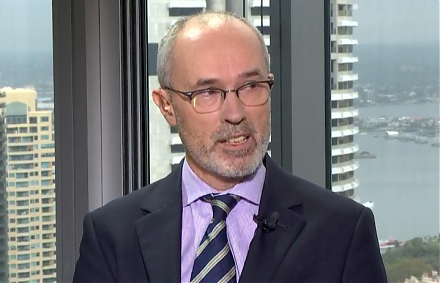
China continues to sell U.S. Treasury bonds amid Sino-U.S. trade truce uncertainty. In mid-2019, China reduces its U.S. Treasury bond positions by $20.5 bil
2019-10-07 12:35:00 Monday ET
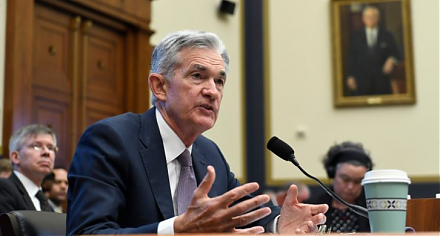
Federal Reserve reduces the interest rate by another key quarter point to the target range of 1.75%-2% in September 2019. In accordance with the Federal Res